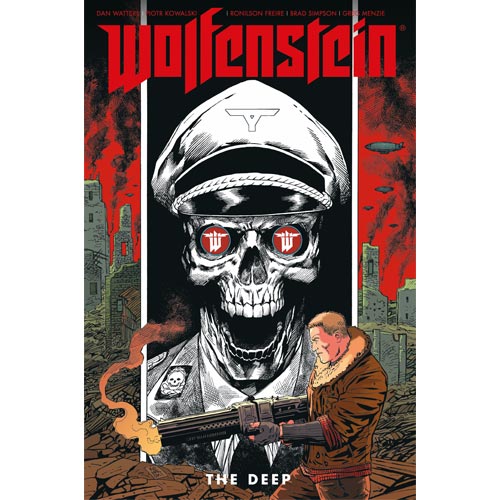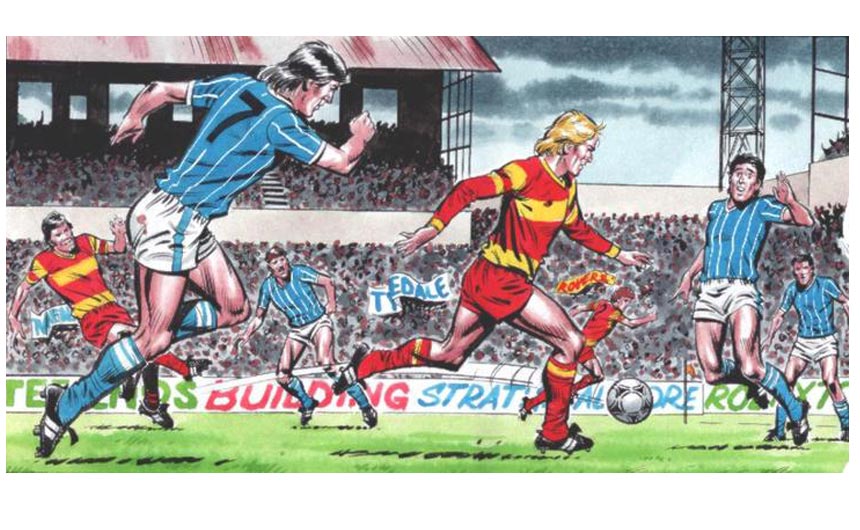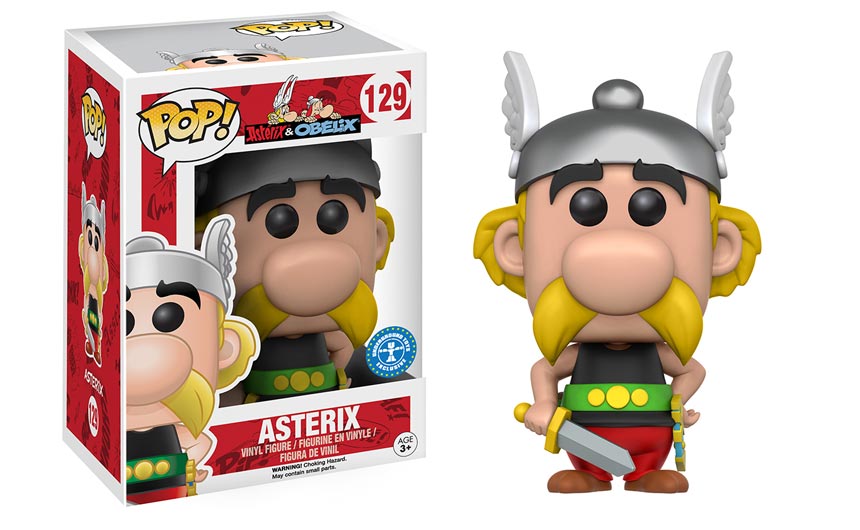How the business is using the rich world of compelling storylines and powerful art.
There has always been a rich vein of content within the comic book and graphic novel universe. The likes of Marvel and DC Comics attracted a large, loyal fanbase who would keenly follow the adventures of their heroes and anti-heroes through the pages week after week.
When Hollywood came on board, with Disney and Warner Bros. respectively bringing these characters to the big screen, the sheer potential in these carefully crafted worlds really became evident. Netflix is the latest content producer to get on board with comic book IP ownership, acquiring Millarworld Comics last summer. Three of Millarworld’s franchises – Wanted, Kick-Ass and Kingsman – have been adapted into films that have taken in nearly $913m combined at global box offices.
For the licensing business, comic books and graphic novels offer a whole new world of powerful art, compelling characters and strong storylines.
Titan publishes comics based on film, TV, gaming and novels, as well as original content. These include the official Doctor Who comics – both an ongoing modern era, as well as a mini series based on the classic era; video games stories for the likes of Assassin’s Creed, Dark Souls and Tekken; the Robotech licence (based on the classic 1980s anime series); Penny Dreadful; and Sherlock.

Titan’s Will O’Mullane explains: “On a creative level, if you create a comic book, you’re untethered by budget constraints. The limit is, as corny as it sounds, a writer or artist’s imagination.
“You’re also afforded a fantastic opportunity to go beyond the licence in unique and surprising ways. For our Evil Within, Dishonored and Wolfenstein series’ for example, we offer prequels, sequels and ‘inbetweenquels’ to the main storylines in the video games. The comics enhance and extend the main gaming storyline, so gamers can get a fuller picture of the world they’re inhabiting when they turn on their console.”
From a brand owner point of view, Rebellion has recently dipped its toe into the licensing world. The majority of its licensing work has been focused on the Judge Dredd IP, although it is also seeing other 2000AD characters being developed, notably Strontium Dog and Rogue Trooper.

In addition, last October, Rebellion confirmed that it will be refreshing and reimagining the iconic British football comic, Roy of the Rovers, after 16 years on the subs bench. The initial focus here will be on the lead graphic novel series, supported by a middle grade novel series.
The company believes that there is a huge wealth of iconic artwork and characters that are relatively underexposed, which could give the right licensees an opportunity to build relatively curated ranges across multiple retailers, offering each a point of difference.
Two comic book brands which have successfully expanded from the page into consumer products are Beano and Asterix. Beano is marking 80 years in 2018 and is as popular as ever, while Asterix has an incredible track record of success, as Ian Downes, md of agency Start Licensing explains.
“First published in 1959, Asterix is now a classic property; 365 million books have been sold globally, with the books translated into 111 languages involving 25 publishers,” Ian says. “There have been 13 films – live action and animated – and there is a theme park in France, Parc Asterix. Globally, Asterix has over 100 licensees and is a major property that has cross generational appeal.”

Recent specific UK deals include Comic Art and Park Agencies, while multi-territory deals have also been secured with Steiff and Funko.
A lot of the licensing momentum for Asterix is generated by the regular release of comic albums, with publishing house Les Editions Albert René being good at translating the graphic novel art into licensing style guides, says Ian.
“The release of a new album is a very impactful event. The album prior to the latest release sold over five million copies, with 2.2 million copies being sold in France,” Ian continues. “I think UK licensees could and should look at Asterix as a pan-European opportunity – they could sell product beyond the UK.”
Ian believes there is significant opportunity for licensees and retailers within the comic book and graphic novel sector.
He says: “The genre allows licensees to tap into properties that have a strong fan base who are fully engaged in the property. They have a real loyalty to the character. There is, of course, a significant bank of visual material. Graphic novels have a high perceived value and are high spec products. Retail sectors such as greeting cards, video game stores and apparel could easily stock graphic novels – they would sit well in-store and would also link well into other products and design themes.”
It seems that by widening the parameters for perspective properties slightly, comic books and graphic novels could certainly be a proper page turner for the licensing business.
This feature originally appeared in the spring 2018 edition of Licensing Source Book. Click here to read the full publication.

































